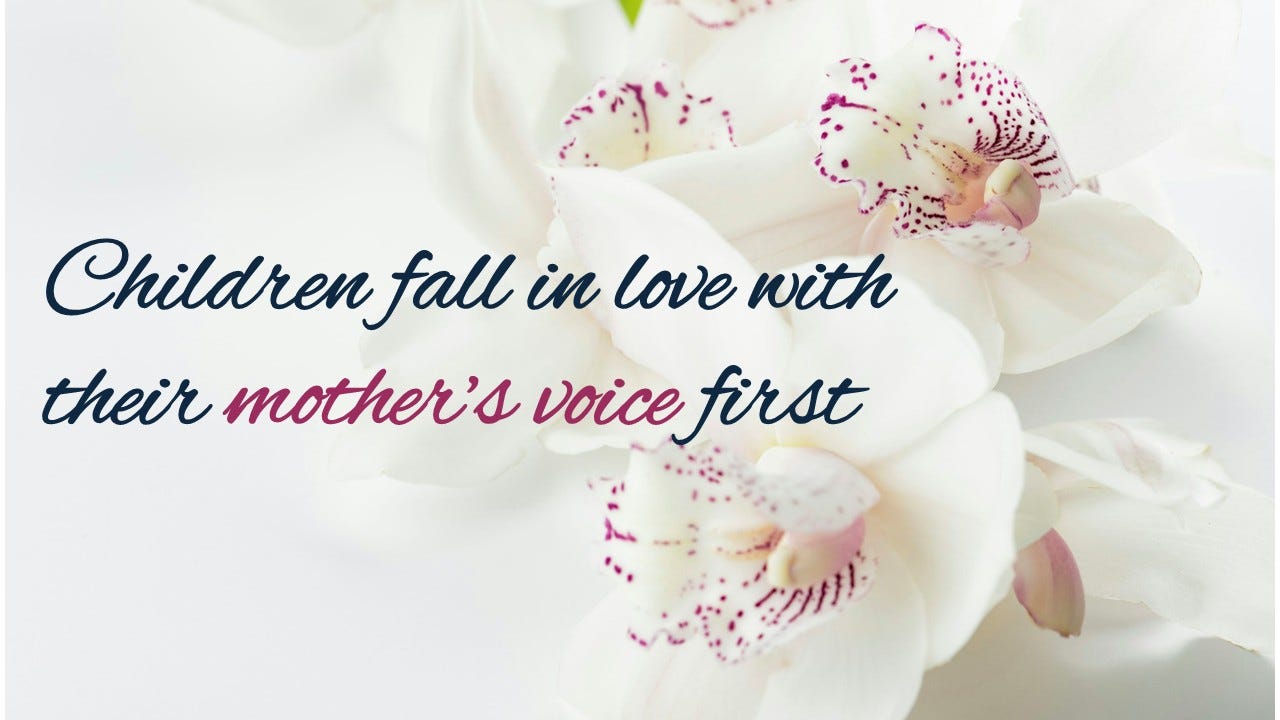✨High School Is Too Late for Shakespeare
Why Kids Can (and Should) Read the Greats Sooner Than You Think
There is an optimal time to introduce Shakespeare - and it’s not high school.
Ok I admit it. Growing up, I hated English class. I found it boring. I didn’t see the point. I dreaded the books I was forced to read – Faulkner was a particular foe.
This may surprise you because my own children (ages 8 and 11) have an ongoing love affair with books. My 11 year old reads 100s of books a year. And, they aren’t just reading any books. They’re reading classic books from timeless authors. We’ve read Hemmingway, Twain, Orwell, and Oscar Wilde (to name a few). They have a particular appetite for Shakespeare. Here’s a recording of them reciting Macbeth with a good friend.
I’ve obviously come around on the importance of these classic treasures, but in a world where college students can barely get through these books, how does one accomplish such a feat in Elementary school? Moreover, how do you make it enjoyable?
My kids don’t tolerate Shakespeare - they LOVE him.
Well, I didn’t do it by doing what everyone else was doing – perhaps that’s obvious. We did it by following the example set by our ancestors – an example backed up by modern science.
Most people think 6 is far too young for classics – the language too rich, the grammar too complex. But 150 years ago, these books were routinely read to Elementary kids. Despite being known for the “children’s stories” of Tom Sawyer, Huck Finn, and The Prince and the Pauper, Twain never met a simple sentence.
“What dost thou know of suffering and oppression? I and my people know, but not thou.”
“When I am king they shall not have bread and shelter only, but also teachings out of books, for a full belly is little worth where the mind is starved.”
~Twain in the Prince & The Pauper
These sentences don’t even have complex vocabulary - though most 21st century kids will struggle with terms like “thou” and “dost” - however, these sentences are complex grammatically and sound unusual to our ears.
But my children handle “thous” and “thees” along complex grammar effortlessly - in truth better than myself. Why?
Because elementary school isn’t too early to introduce complex narrative, it’s the PERFECT time!
Today, let’s explore the neurological underpinnings of how children learn language.
Not just how kids learn to talk, but how they learn that it’s “the big, bad wolf” not “the bad, big wolf” — did you know there are grammatical rules dictating which adjective comes first? Unless, you are an English major, you probably didn’t. That’s because you didn’t need to be taught it.
Today, we’ll talk about how children learn the complex nuances of grammatical relationships, but more importantly we’ll talk about how YOU can harness this knowledge to ensure your children can’t just read authors like Twain and Shakespeare – but write and speak like them too.
✨What is the Brain Doing During Language Learning?
Children’s linguistic (or language) development is on fire from the moment they are born – actually before they are born. Children fall in love with their mother’s voice first – preferring recordings of her over all others in utero. Two months before they are born, babies are enamored by spoken language – their preference for speech over music will last long into toddlerhood. If there are any expectant mothers out there, consider reading the rest of this article out loud to your baby – they will delight to hear you. Though they don’t yet know what you are saying, they are already in love with the way you say it.
At birth, babies not only prefer their mother’s voice but they also prefer their native language.
That’s worth saying again.
Babies AT BIRTH prefer their native language.
Children aren’t just listening to their mother’s voice, they are creating the foundation from which they will learn to communicate.
So, how do children learn their native language?
If you’ve ever listened to another language - in particular one dissimilar to your own - you’ll notice it’s hard to break down individual words. My husband’s native language Tamil has incredibly long words. It’s nearly impossible for me to figure out where one word stops and another begins. This is because English, my native language, doesn’t require this of my brain. But my husband was learning to do this even before he was born.
How do kids figure how what sounds are words?
One of the leading theories is statistical learning. Babies as young as 8 months are calculating which letter combinations occur most often together and which don’t. There is a reason why humans are so adept at seeing patterns everywhere - it’s essential for our capacity to learn to speak (among other things).
By 10-12 months, babies ignore sound combinations that do not occur in their native language and pay close attention to sound combinations unique to their native language. For example, Mandarin is a tonal language so children learn to tune into not just word sounds but the pitch at which they are delivered. This process is called perceptual narrowing. It is essential, but it comes at a cost.
Children will increasingly ignore sounds that are not common in their native language. Yet another reason to introduce your toddlers and infants to a 2nd languages early. This will keep their “ears” - ahem their brain - open and listening.
This will be important as they get older not just in terms of 2nd language but in complex versions of their own language - e.g. Mark Twain, Hemmingway, and Shakespeare.
If your children don’t routinely hear complex words and grammatical sentences, their brain will become less receptive to them. This isn’t to say that it’s completely closed, but rather …
It is FAR EASIER for your 7-9 year old to learn to understand complex literature than your 14-15 year old.
I know this seems counter-intuitive! But, it’s true. Believe me, it is WILD that my 8 year old will listen, understand, and ask complex questions about the books we are reading when sometimes I’m struggling to keep up myself!
It’s not just about reading to your kids…
✨Language is best learned in relationships.
Once children have a firm grasp on what is and is not a word, they can start the process of matching those words to objects and actions. At the height of their word learning, kids pick up 30 words a DAY - some they will learn after a single exposure.
But not all forms of communication are created equal for learning words.
Every culture has a form of “baby-talk” where caregivers use a higher-toned pitch to communicate with infants. Baby-talk draws infant’s attention often resulting in smile and eye contact. The MOST important thing for learning is attention. If you don’t have a child’s attention, you don’t have access to their brain. This is why Attention Deficit Disorders are such a big deal!
The most effective way to support a child’s language development is through direct communication. Talking. Listening. Narrating your day. Answering their questions. Singing songs. Sharing stories.
It’s why child development experts encourage new parents to narrate their day out loud to their babies. It’s also why younger siblings often pick up language more quickly—because the older kids talk to them constantly.
Children aren’t just learning vocabulary; They are learning expression, grammar, and cadence through interaction with real people.
But This Window Doesn’t Last Forever
Yes, we can learn language throughout our lives.
But the brain’s plasticity—the ease with which it picks up language—declines after elementary school. (Learn more in Today's Children are Caged Birds). Your 8-year-old has a better memory than you do (yes, really). Their brains are still hungry for vocabulary, syntax, and structure.
Thus, elementary school is the best time to introduce Shakespeare, Twain, and Hemingway. Their brains are primed for it.
Feed their brains rich, complex, beautiful language, and it will shape how they speak, think, and write for the rest of their lives.
✨You’ve seen the science—now let’s make it real.
Here’s how we do it in our home: what to say, what to read, and how to help your kids fall in love with complex literature—so they don’t just read like Twain and Shakespeare, they write and speak like them too.
This part’s just for my favorite people♥️




